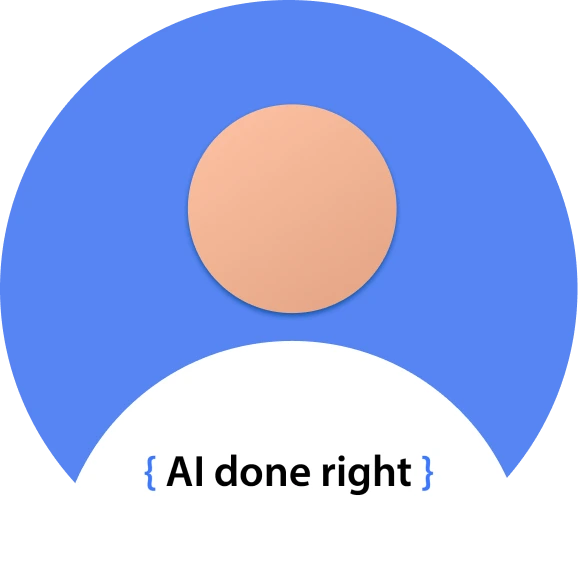For most businesses, deploying applications in the cloud is about turning them from a cost center into a profit center, or at the very least a proven center for ROI. Most seek to modernize legacy applications, move away from monolithic apps, and develop cloud-native apps that are more versatile, and secure.
Your business, IT team, and developers need the best way to bundle applications for effective development, deployment, and management across different infrastructures. This translates to the pursuit of containerized applications and developing a cloud-native microservices architecture to deliver better services and control through these applications.
Things have clearly changed in the ongoing battle about how much control your business wants over the apps in a PaaS (or IaaS) framework. Application development, deployment, and management has moved beyond just an either/or scenario between Cloud Foundry, Pivotal Cloud Foundry, and Kubernetes.
The Current State of AppDev, Deployment, and Management
Cloud Foundry is an open-source PaaS solution for deploying and managing cloud applications. As a PaaS, Cloud Foundry enables organizations to cut their Day 2 operations costs by focusing on supporting only their applications, not the cloud infrastructure or runtimes. But with VMWare’s purchase of Pivotal Cloud foundry and rebranding it as VMWare Tanzu, the debate among developers between CF, Tanzu, and Kubernetes has changed dramatically.
Like cloud foundry, Kubernetes is an open-source PaaS solution. You can learn all about Kubernetes in an earlier blog piece; in short, Kubernetes favors those looking to save time and money. Kubernetes has found its way into almost every industry. In fact, Kubernetes multi-cloud has become the choice of a growing number of organizations looking for multi-cloud orchestration suites.
If you’re deploying your cloud apps with CSPs, such as Google Cloud Platform (GCP), the CSP will typically offer its own Kubernetes services out-of-the-box. This will save you time and money in terms of configuring your Kubernetes clusters.
Google Kubernetes Engine’s (GKE) On-Prem and Anthos, you can run Kubernetes on-premises, and leverage Kubernetes’ deployment scaling and cost advantages. Like Kubernetes, Tanzu enables you to deploy it in hybrid and multi-cloud environments as well.
The debate between which development, deployment, and management framework (Kubernetes or Tanzu) is now focused on how to merge them. With the sunsetting of pivotal web services (which uses Cloud Foundry) in 2021, there are still public CF offerings that offer free trials, which can be seen on the Cloud Foundry Foundation website https://www.cloudfoundry.org/certified-platforms/.
The Cloud Foundry Foundation continues to publish OSS versions of Cloud Foundry along with the class version that can be deployed using Bosh on an IaaS (cf-deployment). Cloud Foundry collaboration methods for deploying on Kubernetes (KubeCF & cf-for-k8s) along with Google’s KF are bringing CF and Kubernetes closer together for developers that may be in the CF/Tanzu camp.
VMWare Tanzu or Kubernetes?
As a suite of products, Tanzu helps users run and manage multiple Kubernetes (K8S) clusters across hybrid and multi-cloud environments. It’s use of Kubernetes strengthens its VMWare virtualization portfolio to build on its comprehensive toolkits for application development through monitoring across distributed Kubernetes clusters.
Speak To A Kubernetes Expert About Cutting Your
Cloud Development Costs.
Ultimately, the discussion of Kubernetes vs.Tanzu boils down to what your organization needs out of its cloud deployment plans. Tanzu as a single vendor ecosystem can work well for VMWare users moving to containerized applications. Kubernetes provides an infrastructure neutral platform for containerized applications.
While open source’s best-of-breed composability provides far more options, it can be difficult to choose the right options and incorporate workflows that are unfamiliar to developers. Kubernetes can be complicated to successfully implement and developers deeply into the CF camp may be reluctant to change. Although CF is likely to stay around for the foreseeable future, solutions like Tanzu and other platforms that support the transition to Kubernetes are growing.
The question for CTO’s, project managers, and developers is, what will bring the greatest potential for agility scalability, resiliency security, and flexibility as technology across hybrid and multi-cloud needs change for businesses?
The ability to build your own platform that starts where you are right now is the ideal scenario.
Techolution has the Kubernetes, cloud management, and app development expertise to help you select the right approach that matches your organization’s needs for applications today and into the future.
To learn how we can help you turn your applications from a cost center to a profit center with ROI, visit our Cloud Services Page and read more about our Kubernetes Consulting Services.
Then contact Techolution today to see how we can partner with you to get started.
Need More Information on Cloud Development?
